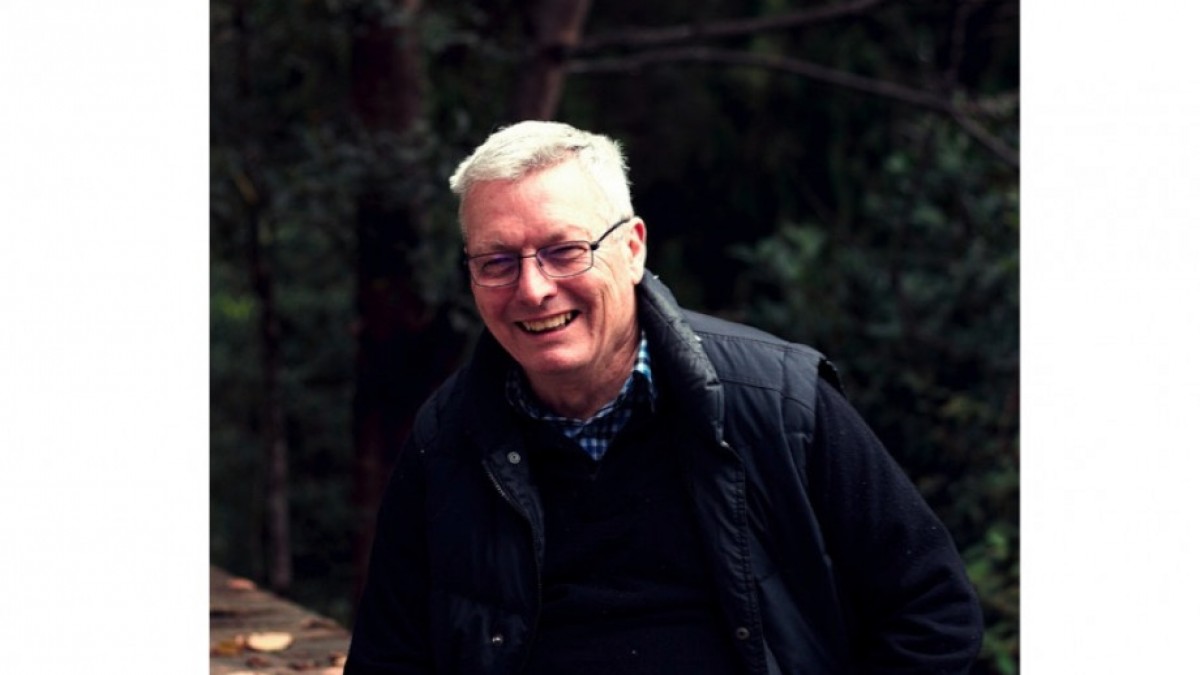ANU expert to tackle climate change and human rights for UN
Dr Ian Fry from The Australian National University (ANU) has become the world's first special rapporteur for human rights and climate change, in an appointment made by the United Nations overnight.
He will take on the role of Special Rapporteur on the promotion and protection of Human Rights in the Context of Climate Change for the next three years, a position created by the United Nations Human Rights Council in October 2021.
Dr Fry is a part-time lecturer at the ANU Fenner School of Environment and Society. He is a dual citizen of Tuvalu and Australia and was Tuvalu's Ambassador for Climate Change and Environment between 2015-2019. He has worked for the Tuvalu government for over 21 years and has been a lead negotiator for Least Developed Countries on the Paris Agreement.
The Special Rapporteur is a part-time and unpaid position and will have a number of responsibilities. These include studying and identifying the adverse effects of climate change and human rights, and blending indigenous and traditional knowledge with respect to climate change.
"I am truly honoured and feel a deep sense of responsibility in taking on this position. It is an enormous challenge," Dr Fry said.
"We already know that thousands of people are being displaced each day as a consequence of climate change-related weather events. We know that Indigenous peoples are at the forefront of climate change impacts. From my personal experience in working in coral atoll nation like Tuvalu, I know that the human rights of the inhabitants are being affected by the impacts of climate change.
"I particularly want to thank the governments of Tuvalu and the Republic of the Marshall Islands for their tireless efforts in lobbying to get the position of Special Rapporteur created in the first place. I also want to thank a number of Pacific non-government organisations, such as the Pacific Island Climate Action Network and faith-based organisations for supporting and promoting my candidacy for the position.
"Being a Special Rapporteur is a challenging position. I hope I can do it justice. There is so much at stake."
In his new role, Dr Fry will also raise awareness of human rights affected countries, in particular Least Developed Countries, Small Island Developing States and land-locked countries, as well as exchange views on gender- responsive, disability-inclusive and risk-informed approaches to climate change. Dr Fry is expected to undertake two country visits per year and report his findings back to meetings of the Human Rights Council in Geneva.
"It is very evident that gender, human rights, climate change and security issues are closely intertwined," Dr Fry said.
"Women and children are invariably at the forefront of the impacts of climate change particularly those that are so closely connected to natural resources in their daily lives.
"I have already been in contact with some former ANU students to help me form an international network on gender, human rights and climate change. I hope to establish similar networks for youth groups as well.
"In taking up this position, I have had to hit the road running. I have already been invited to an online meeting next week between Indigenous Peoples of the Amazon and members of the European Parliament. I am also speaking at an online workshop on migration in the Pacific and will be attending a workshop in Geneva in early May, organised by the Centre for International Environmental Law. This workshop will bring together representatives from various First Nations people and civil society organisations to discuss issues around human rights and climate change."

